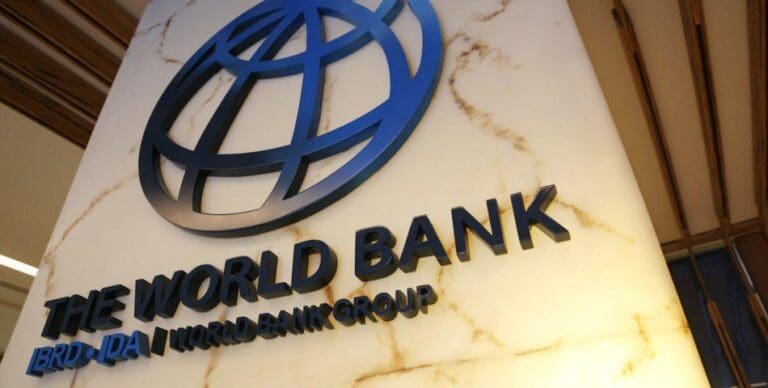While the country has made strides in stabilizing its macroeconomy, with inflation dropping to 5% and the budget deficit narrowing, challenges in key sectors like agriculture and extractives have hindered overall growth.
Despite the slowdown, Mauritania’s economic performance surpassed global and sub-Saharan African averages. The World Bank forecasts a medium-term growth rate of 5.4% but emphasizes the need for structural reforms to ensure sustainable development.
The report highlights the critical issue of low human capital utilization in Mauritania, with children projected to use only 15% of their potential by age 18. To address this, the World Bank recommends investments in education, vocational training, and gender equality.
The institution also calls for improved public finance management and labor market data to support inclusive growth. As Mauritania enters a new presidential term under Mohamed Ould Cheikh El-Ghazouani, these recommendations offer a roadmap for addressing economic challenges and fostering long-term prosperity.
ODL/Sf/ac/fss/abj/APA


